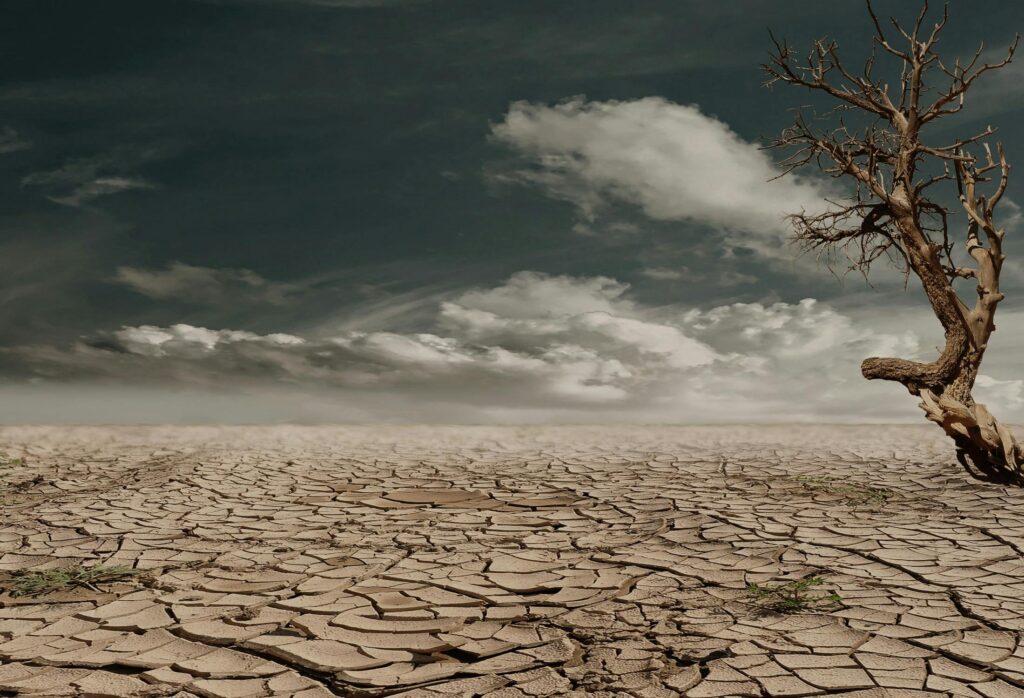Record-Breaking Heat Highlights Urgency of Climate Action
November 2024 ranked as the second warmest November ever, underscoring predictions that 2024 will set unprecedented temperature records. The Copernicus Climate Change Service (C3S) reported a global average temperature of 14.10°C for the month, marking an increase of 0.73°C above the 1991–2020 average.
These numbers reflect a troubling trend of accelerated warming. Compared to pre-industrial levels, November temperatures were 1.62°C higher, making it the 16th month out of the last 17 to exceed the critical 1.5°C threshold.
2024: A Milestone in Global Warming
According to Samantha Burgess, deputy director of C3S, 2024 is almost certain to become the hottest year on record. “The data shows with near certainty that 2024 will surpass all previous temperature records,” she affirmed.
This year is also poised to be the first full calendar year with temperatures consistently exceeding 1.5°C above pre-industrial levels. Although this does not breach the Paris Agreement’s limits, it amplifies the urgency for immediate climate action.
From January to November, global temperatures averaged 0.72°C above the 1991–2020 baseline, breaking all records for this period. This increase is 0.14°C higher than the same timeframe in 2023, signifying a steep upward trend.
By October, C3S had already declared that cooler temperatures in the final months of the year would be insufficient to alter 2024’s record-breaking trajectory. Experts concluded that even an extreme drop in temperatures would not prevent this outcome.
Intensifying Climate Impacts
The alarming rise in temperatures coincided with COP29 in Baku, where the World Meteorological Organization (WMO) delivered a stark warning about the planet’s deteriorating condition. Global temperatures have risen 1.3°C above pre-industrial levels, fueling devastating climate impacts.
Sea surface temperatures have reached unprecedented highs, polar ice caps are melting faster, and extreme weather events such as prolonged droughts and storms are becoming more frequent and destructive. Catastrophic flooding and severe storms have caused widespread damage across the globe.
WMO Secretary-General Celeste Saulo criticized the sluggish pace of climate action. “Scientists have sounded the alarm for over 30 years,” she noted. “The real surprise is how slow our response has been to this clear and present danger.”
The overwhelming evidence leaves no room for doubt: the planet is overheating. Urgent and decisive action is essential to address the escalating threats of climate change before they spiral further out of control.


